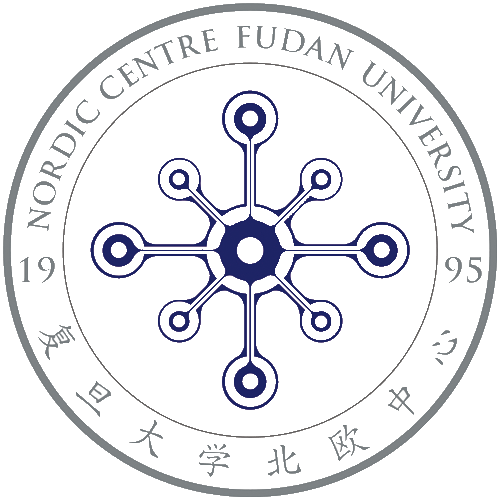Four public lectures on gender-themed topics. It is possible to attend individual lectures.
Descriptions of the presentations:
Hanne Marlene Dahl: Elderly care in the Nordic welfare states in neo-liberal times
The Nordic welfare states (NWS) and their model of elderly care provision will be introduced, as well as its relationship to state feminism and how transnational discourses on neo-liberalism have been translated into this context. Despite their commitment to (gender) equality, gender issues continue to be a topic in relation to elderly care in the NWS regarding the recognition of care work and professional care.
Desiree Enlund: Defending women’s right to healthcare and decent working conditions in Västernorrland, northern Sweden
The post-2008 era has seen a variety of protests and resistances against economic restructuring and increasing inequalities across Western Europe. In Sweden protests around a restructured housing market and gentrification has taken centerpiece in the literature. This case study considers the role of place history in the political mobilization that have gathered momentum over the past three years in the county of Västernorrland, northern Sweden, in response to the restructuring of the public healthcare services, affecting the maternity ward and emergency care at one of three hospitals.
Anna Karlsdottir: Gender Equality in labour market policies and practices
Women’s equality as part of the labour market in the Nordic countries rests on policies with an ethos of welfare. High employment rate is not least achieved through the high ratio of women’s participation in the labour market and the parental leave policies practiced in all of the different Nordic countries. This presentation will focus on women´s role in the labour markets across the Nordic countries from statistics and maps recently published in Nordic Council of Ministers State of the Nordic Region 2018.
Lene Myong: The Politics of Transnational Adoption Migration in Denmark
This lecture will examine public debates around transnational adoption beginning in the early 1960s and onwards. Pro-adoption discourses and the interests of adopters dominated the debates until the 1990s when adult adoptees began to form communities of their own and voice criticism of the conditions facing adoptees of color in Denmark. Today transnational adoption continues to command support across the political spectrum but in recent years politicized adoptees have worked to assemble critical interventions that seek to undermine the moral legitimacy of transnational adoption and imagine a world where other forms of care arrangements are valued.

